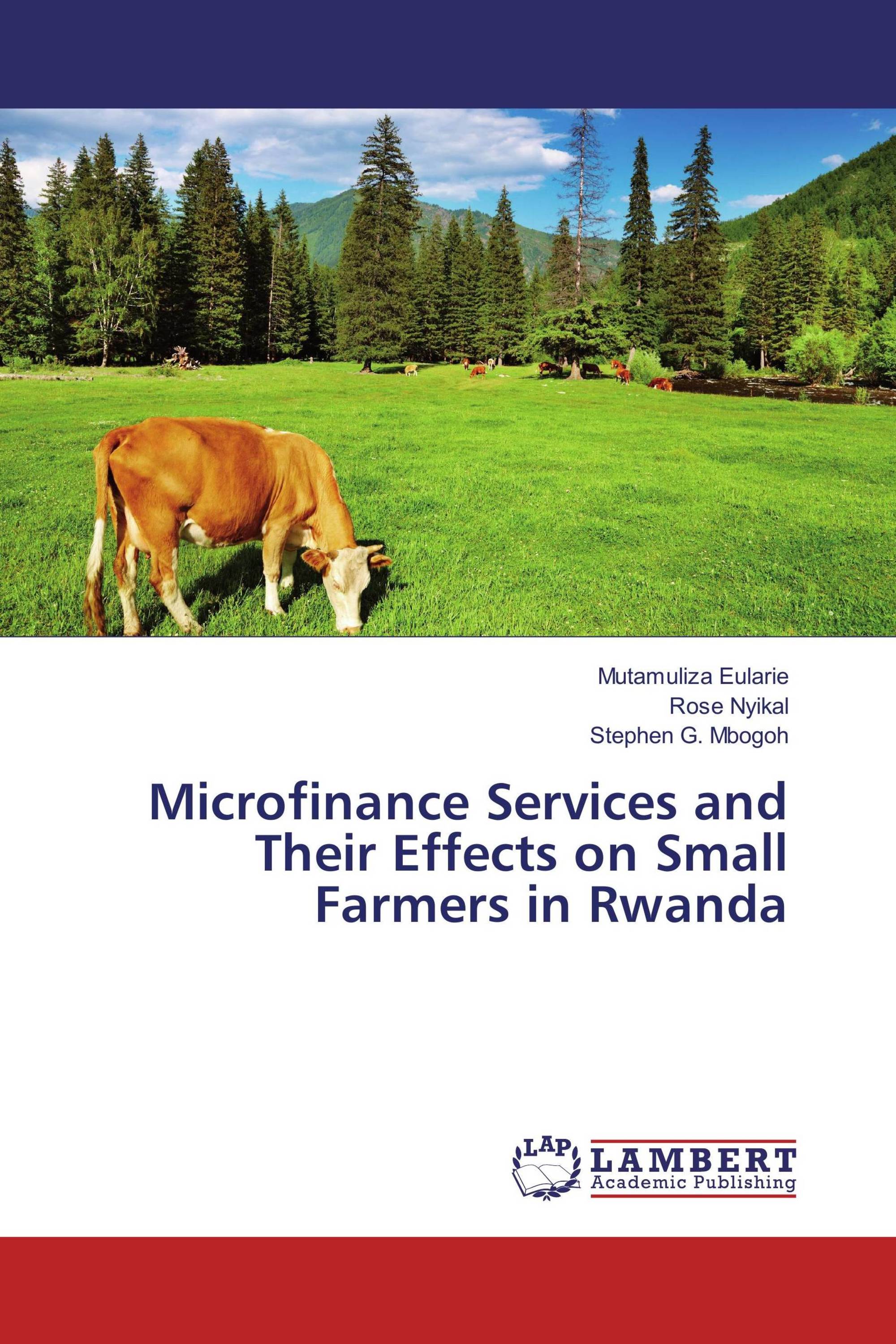Micro-finance industry in Rwanda is considered as the most effective mechanisms to reduce poverty.Many smallholder farmers lack self-financing for their activities.Despite the important roles assigned to micro-finance services, little is known about their contribution to the income and livelihood of smallholder farmers in Rwanda. This study examines the contribution of micro-finance services to the income of smallholder farmers.Primary data were collected from 240 respondents randomly selected in the 3 sectors of Nyamagabe District. Descriptive Analysis, Logit Model and Propensity Score Matching were used to analyze the data. The results from Logit Model indicated that Age of a household head, Education, Total Annual Assets, Home Savings, and Off-farm Income significantly influenced the smallholder farmers’ decision to participate in micro-finance services. Results from Propensity Score Matching Model showed that the households who had participated in micro-finance services had increased their total annual income more than non-participants.Therefore,the use of SACCOs and Micro-finance services need to be promoted by the Government for mobilizing savings and extending credit.
Book Details: |
|
|
ISBN-13: |
978-3-659-16406-4 |
|
ISBN-10: |
3659164062 |
|
EAN: |
9783659164064 |
|
Book language: |
English |
|
By (author) : |
Mutamuliza Eularie |
|
Number of pages: |
124 |
|
Published on: |
2016-08-09 |
|
Category: |
Economics |
